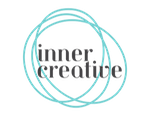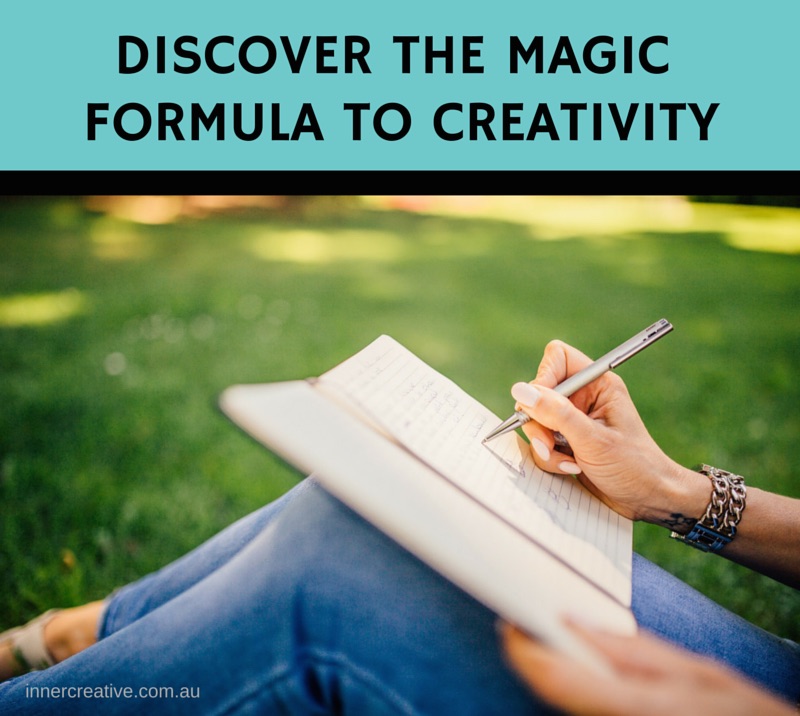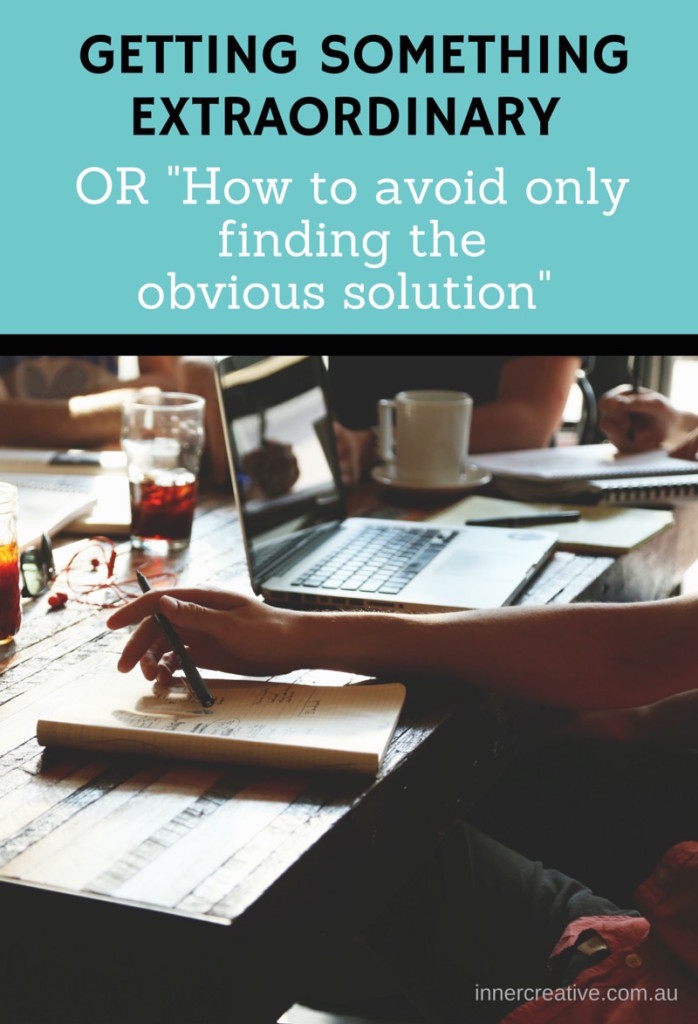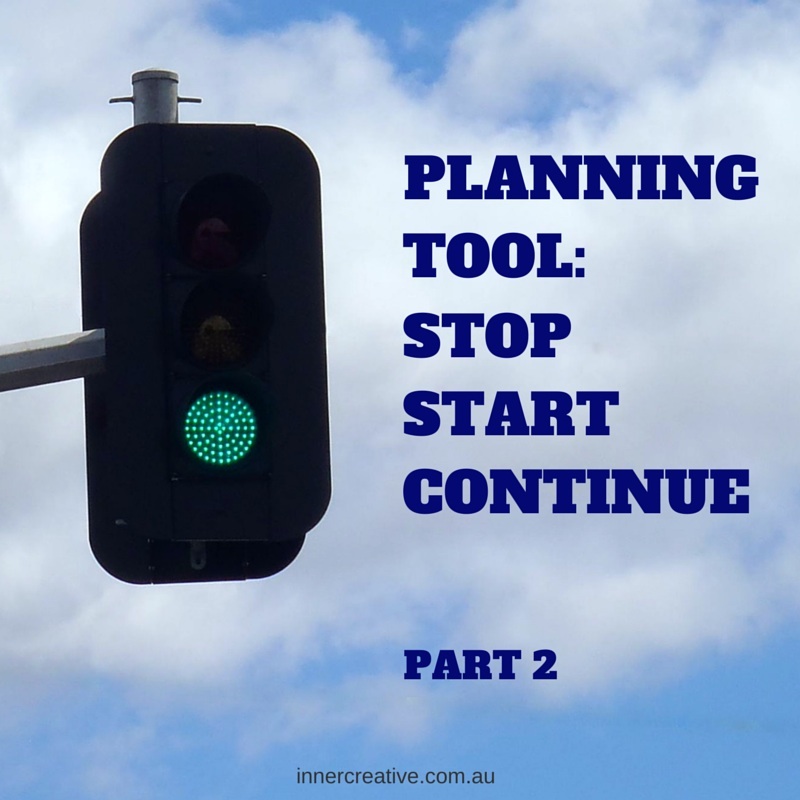You can also create new ideas by combining old ideas in a new or random way.
One of my common approaches is to use metaphors and analogies to see a problem or situation from a different perspective.



One of my common approaches is to use metaphors and analogies to see a problem or situation from a different perspective.

Creativity is within all of us.
It’s in how we express ourselves, our ideas and how we do things. We use our creativity when we pick out what to wear in the morning, what we use our lunch break, how we talk with our colleagues or friends, and solve any issues that arise.
The problem is not that we don’t have creativity. It’s that we mightn’t be used to tapping into it, and if we do we mightn’t have the confidence to truly express ourselves or our ideas.

People often ask me for the secret to being more creative, whether it’s for their life or in business. Unfortunately, there’s no one magic formula for creativity that’s going to work for everyone. However, there is a key we can use to filter out which creativity techniques are going to bring us each success.

Has there been a time when you know you want something different, but you don’t know exactly what it is?
Or you want to solve a problem, but you know you won’t get a different result if you use the same approach you’ve always taken?
Basically, instead of boring and ordinary – you want different.
You want something extraordinary.

These are the same expectations that I bring to my own work.
For instance, as an entrepreneur, I grapple with how I define success for myself (there’s no performance review checklist that’s already been created for me by ‘the powers that be’).
So using a conventional, logical way of creating my definition of success, I’d sit down with my beverage of choice and list all the ways that I measure success and answer “How do I know that I’m successful?” But instead I decided to do this… Continue reading
Creating a vision for the year ahead (or for a new project) is always fun. But before you can start to work out what you want, it’s good to think about where you came from.
In the previous blog (Part 1), we introduced the Stop, Start, Continue tool (the 3 questions):

We also covered how to pick the topic to focus your questions on. You can use this tool in any personal, work or business context, from creating your vision for the year ahead to reviewing your business plan. This tool is useful for anything that you would like to change, or a problem that needs exploring.
In this blog, we’ll be unpicking those 3 questions a little more, and expanding on them so you can work out what you need to do to make and support your changes. Continue reading